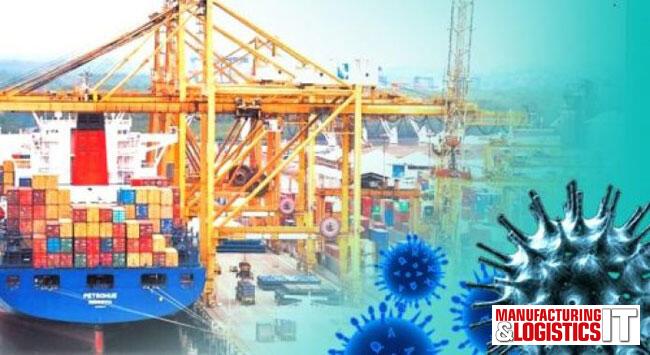Over 8 in 10 (83%) UK, US and Chinese firms are considering switching to alternative finance providers over traditional banks for trade finance this year, which can provide access to faster and more agile funding to help navigate the effects of COVID-19.

The research of over 700 senior executives at medium-large sized businesses in the UK, US and China, by Stenn Group, revealed that even before the coronavirus outbreak, around a third (32%) of those considering switching to alternative finance providers estimate they will finance between $5m-$10m each with these sources in 2020, one in five (22%) estimate $10m-$20m, and over a tenth (12%) estimate over $20m. This could unlock billions of capital in the global supply chain and given the COVID-19 pandemic, provide even greater support for businesses struggling with the coronavirus.
With the announcement that coronavirus is now a global pandemic and having widespread implications, businesses are looking to banks and alternative finance providers for more loans to ensure liquidity in an unstable economy.
However, not all businesses will be able to unlock further support from banks and governments. Despite Rishi Sunak’s £330bn coronavirus rescue fund and both the Bank of England and US Federal Reserve dropping rates to rock-bottom levels, it’s unlikely that large companies, particularly those already indebted, will be granted further loans as there was a line of credit that was reached prior to the trade war. In the UK, firms need to match an investment-grade short term credit rating from one of the big three ratings agencies, Moody’s, Standard & Poor’s, or Fitch, to be able to access the government’s flagship Covid-19 commercial financing facility (CCFF), potentially locking out thousands of large businesses with a poor credit rating.
The International Chamber of Commerce also estimates that there is a long-existing $1.5 trillion trade finance gap, largely caused by the unmet need for global trade financing, so far not satisfied by traditional avenues.
In the UK alone, over three quarters (77%) of medium-large sized businesses are considering switching to alternative finance providers, providing faster and more agile financing in 2020. Within this, a quarter (26%) estimate they will finance between $5m-$10m each with these sources in 2020, one in five (20%) estimate between $10m-$20m, and one in ten (10%) estimate over $20m each this year.
In the US, 80% are considering switching to alternative finance providers for trade financing. Within this, almost a quarter (23%) estimate they will finance between $5m–$10m each, a further quarter (23%) estimate $10m–$20m, and just under one in 10 (9%) estimate over $20m each in 2020.
In China, the majority of medium-large sized firms (93%) are considering switching to alternative finance providers for faster and more agile financing. Just under half (47%) estimate they will spend $5m-$10m financing with these sources in 2020, just over one in five (22%) estimate $10m-$20m, and just under one in five (18%) estimate they’ll finance over $20m each this year.
Dr. Kerstin Braun, President of Stenn Group, commented: “The need for businesses to access fast and flexible financing is more important now than ever before. Even before the coronavirus crisis, businesses were looking to diversify their finance, and this will be felt even stronger now. Companies are struggling to stay afloat and as well as the widespread economic impact of the virus, there’s a production chasm about to open up, driven by entire workforces in the UK, Europe and US being on lockdown. One of the most pressing issue companies around the world are facing right now is demand shock. Factory employees in China are returning to work, but companies around the world aren’t making orders because the stores are closed and existing orders have been cancelled.
“Central banks around the world have lowered interest rates to historic lows and relaxed restrictions around lending to firms. Governments have also worked hard to unlock billions to help support businesses in need. But for some medium and large sized firms it still might not be enough to support. In the UK we’ve already seen the collapses of Laura Ashley and Flybe, driven in part by the virus. In China we know only 10% of businesses feel they could hold out six months or longer.
"For us, the plunge in oil coupled with the economic damage of Covid-19 marked the beginning of a global recession. Once the worst is over we anticipate a backlog in demand for finance which only can be funded by alternative finance providers. Businesses need to be supported more now more than ever before.”
Methodology:
The survey was conducted by Atomik Research among 706 senior decision makers at medium-large sized businesses, across the UK, US, and Chinese markets. The research fieldwork took place at the end of 2019. Atomik Research is an independent creative market research agency that employs MRS-certified researchers and abides to MRS code.

Add a Comment
No messages on this article yet